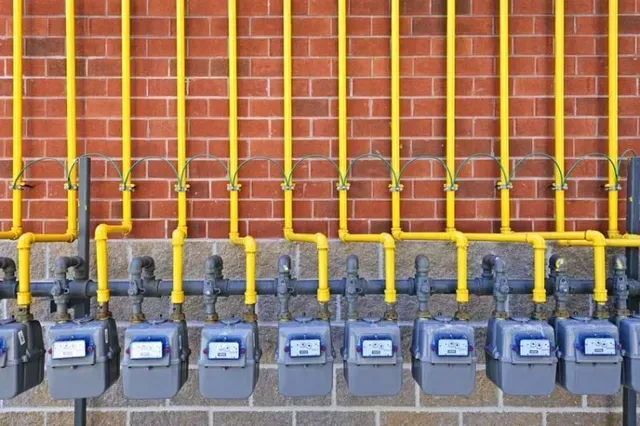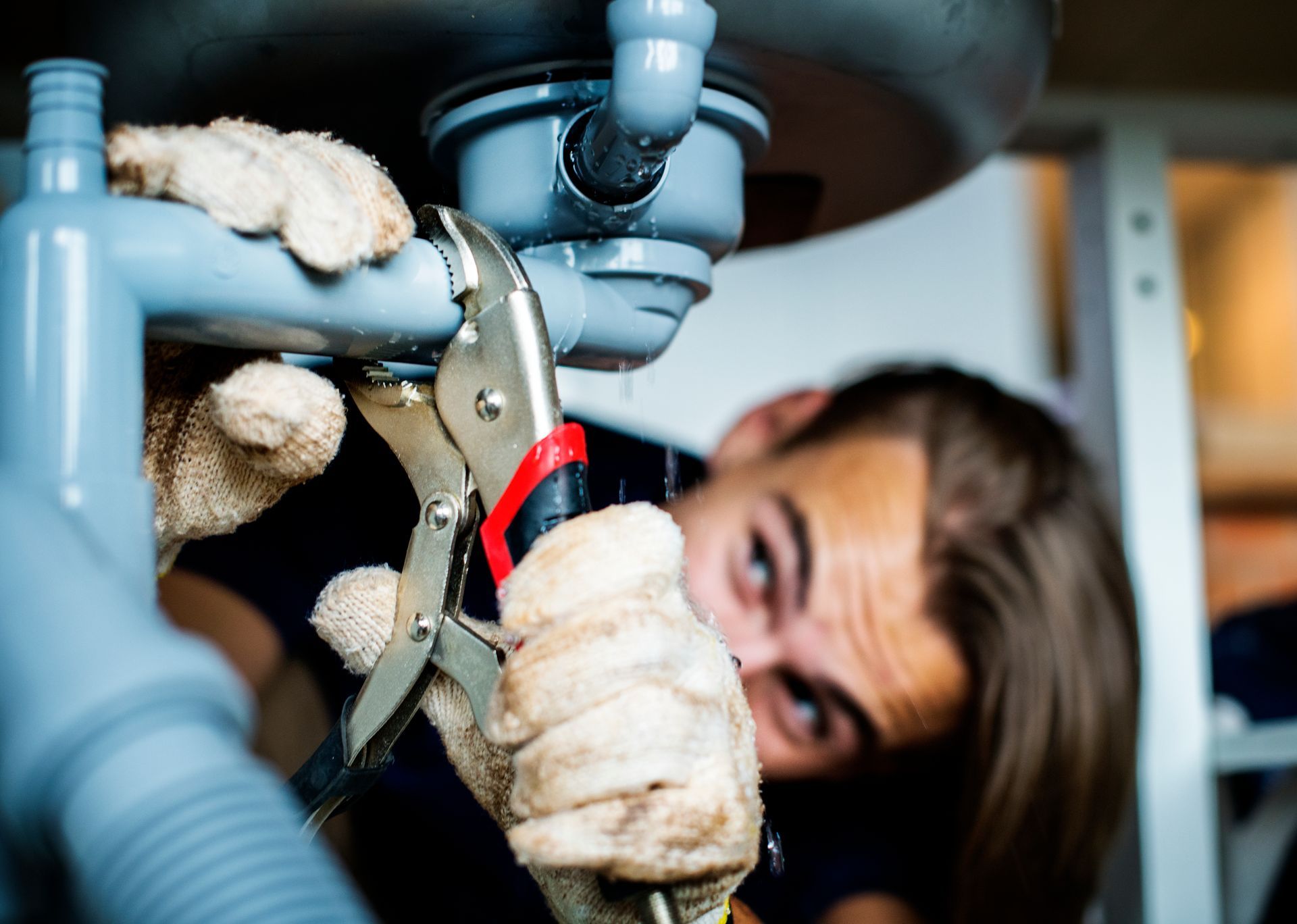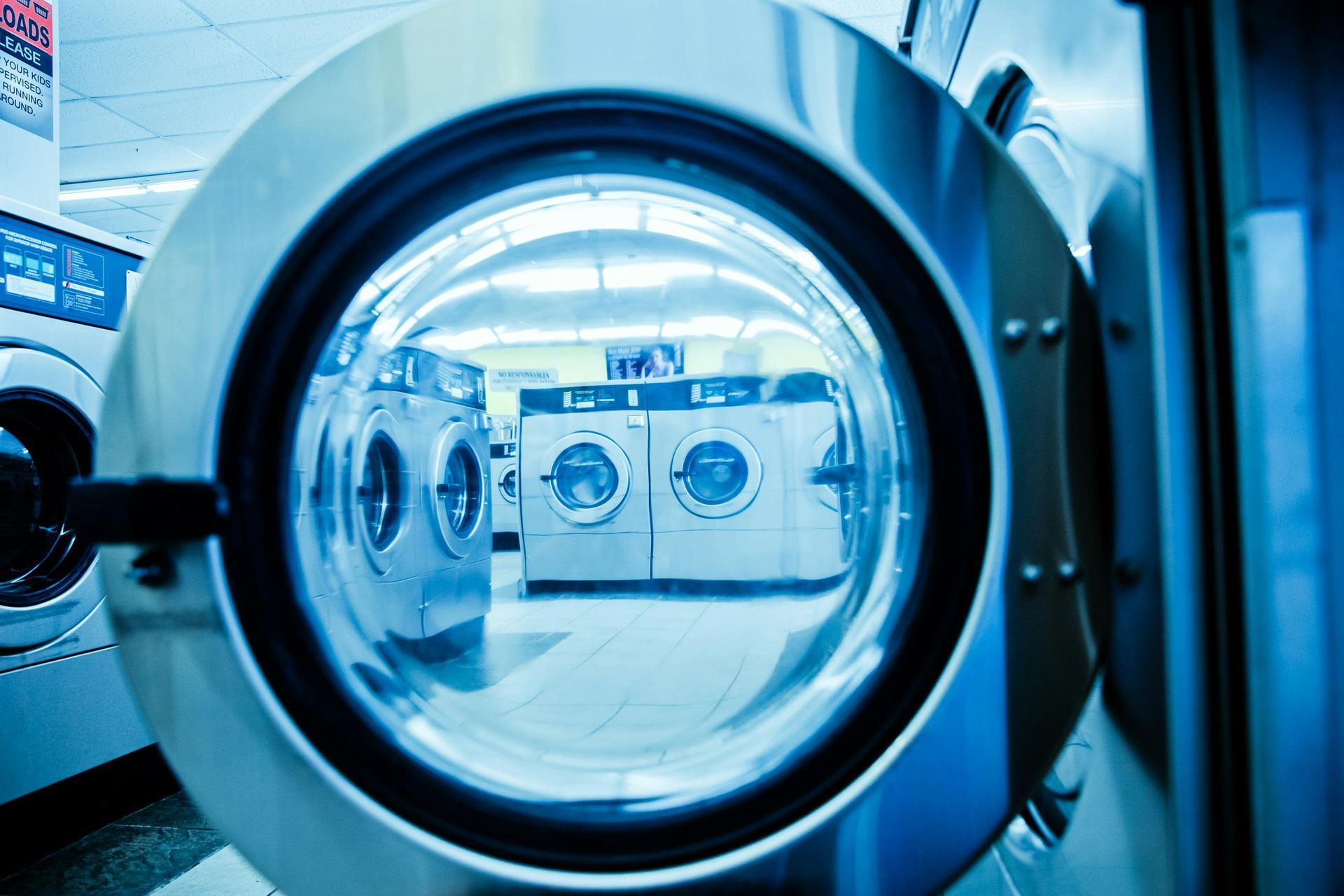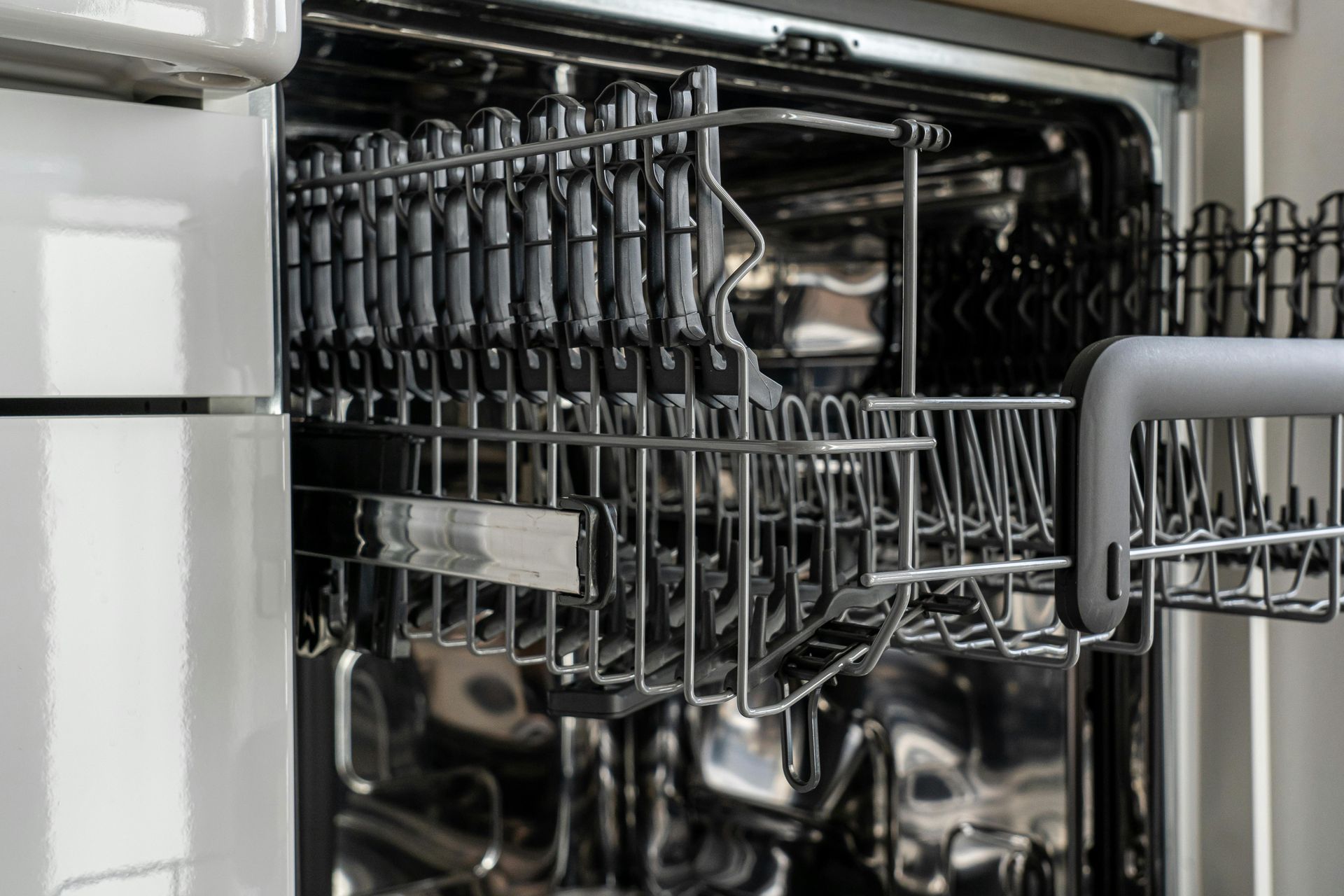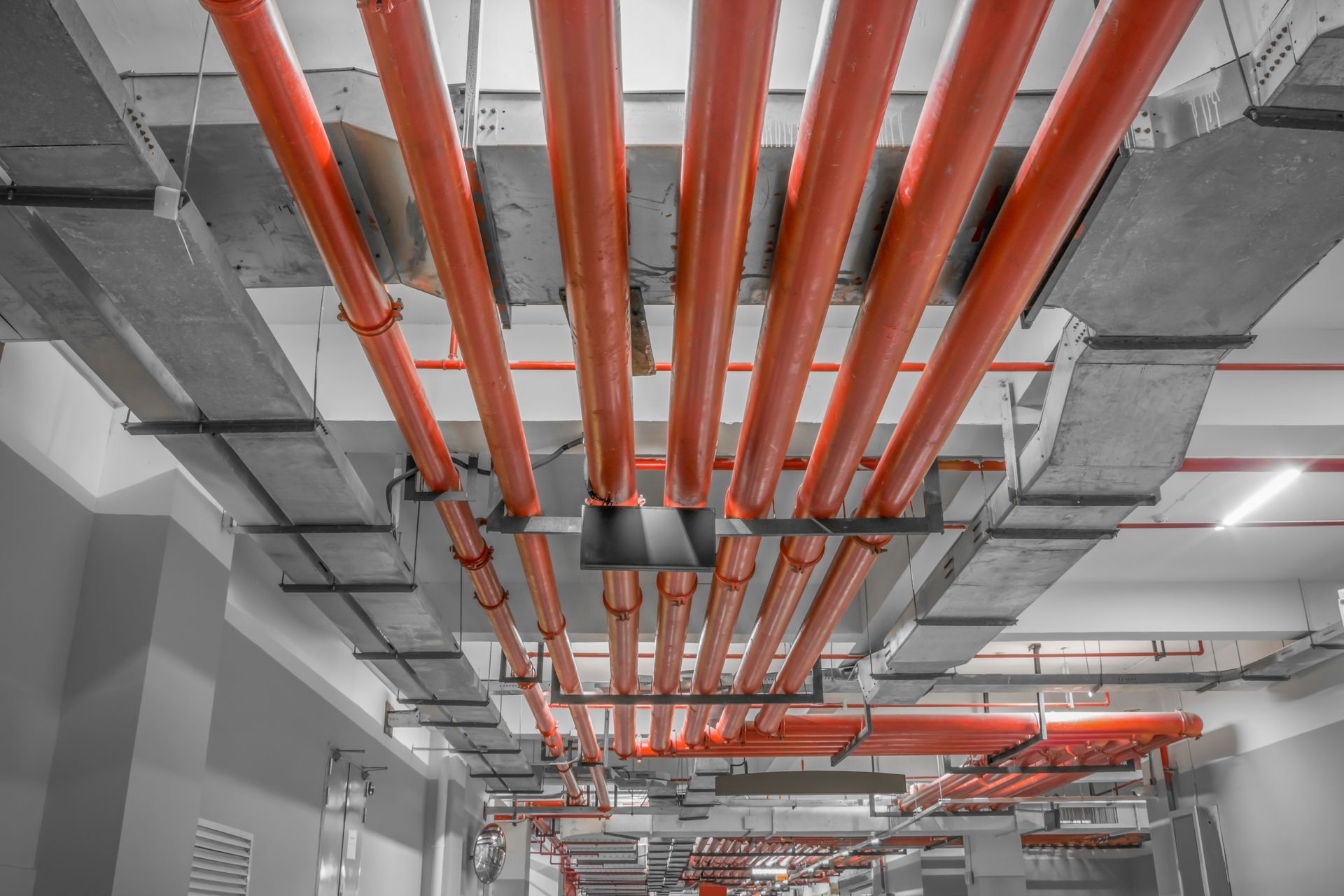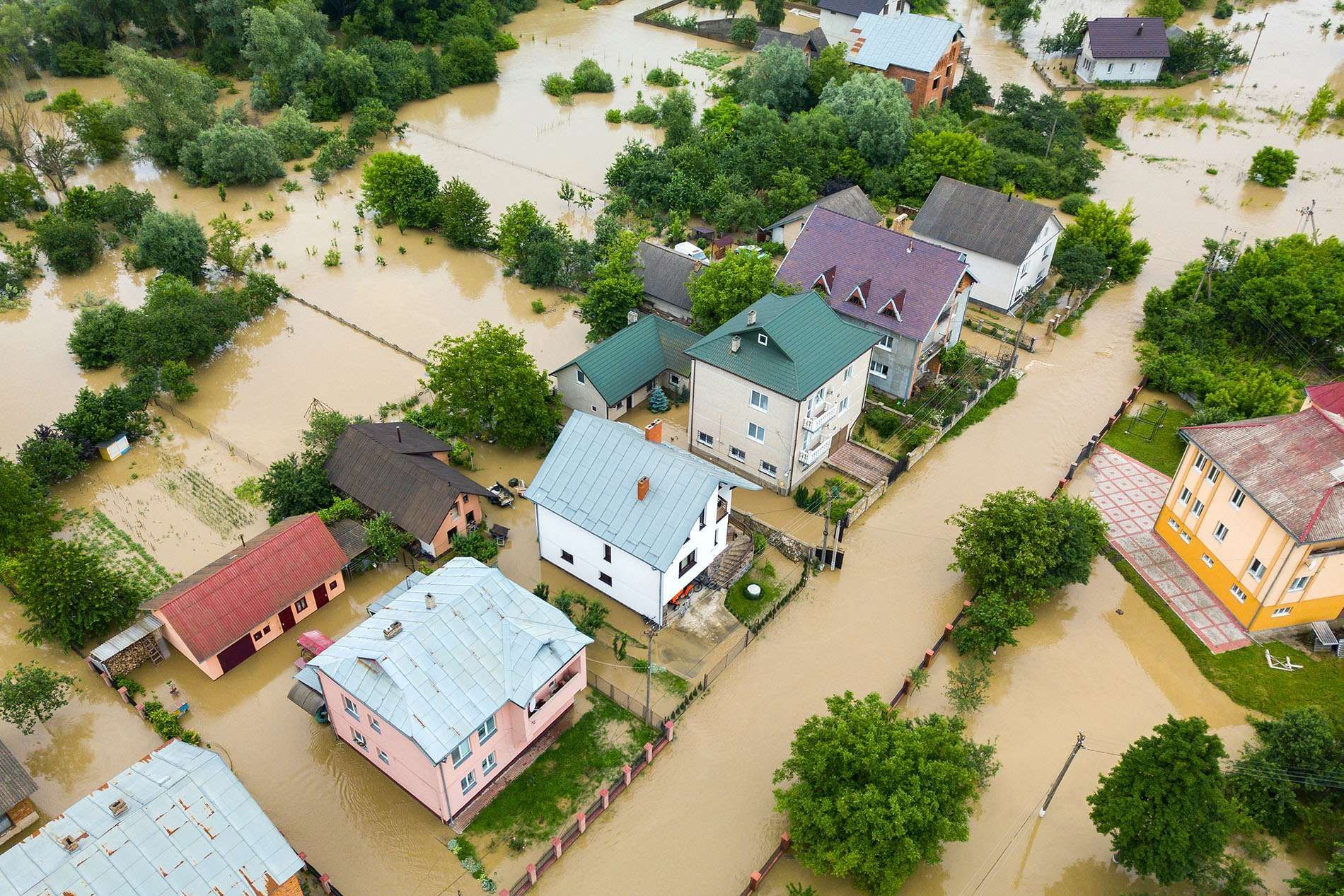To Fix Your Pipes Yourself or Hire a Professional Plumber

Every home has a list of repairs and maintenance. Some areas need to be fixed, while clothes may need a total makeover. Even if it’s a modest home, there is still a lot of stuff to do.
May it be replacing cabinet pulls, repairing broken windows, upgrading light switches, oiling squeaky hinges, or mending a fence. There are repairs you can do on your own. For the things you can’t, hire a professional.
In this article, we are going to discuss the guidelines on plumbing. It will answer your most common questions and determine if you should hire a professional or not.
How to Start Fixing Your Home on Your Own?
Whether it is a leaky faucet or toilet, you can try to fix it on your own. The first step you need to do is to shut the water off at the water main. You don’t want gallons of water to rush out of the broken toilet or sink.
As a newbie, you may be scared of plumbing. There is this fear of being sprayed by water. Luckily, you can always shut the water off.
Before you start plumbing, look for your home’s water switch before you have a plumbing emergency . Most homes have their main water shut off at the property line where the water enters the property or right at the water meter. This is different for individual fixtures like sinks or toilets because you can shut the water off under the sink or behind the toilet.
Parts You Can DIY
You don’t need to be an expert to start plumbing. Experienced and professional plumbers can perform these tasks smoothly, but it doesn’t mean that you can’t do it too. Before you start these tasks, make sure that you have a detailed set of instructions and all the tools needed.
- Leaky Faucets : Fixing a leaky faucet is easy. You just need your toolbox, and you’re good to go.
- Clogged Toilet: For a clogged toilet, you just need to use a plunger.
- Clogged or Slow Draining Sinks or Showers: This is an easy DIY task that you can easily do without any tools.
- Installing a New Faucet ” A new faucet can give your bathroom or kitchen an instant upgrade.
Hire a Professional Plumber
There are some cases wherein you will need to hire a professional. Truthfully, house flippers and professionals hire professionals for their plumbing jobs because the cost of mistakes and improper plumbing can affect your home.
- Renovations : If you are conducting renovations, you need to file permits. If you don’t file a permit, you can be reported and fined. Always use a professional plumber and electrician who can file the proper permits for your renovation job.
- Broken Pipes : Broken pipes are a big problem. You need to learn what caused the pipe to break and inspect your plumbing system. A professional can effortlessly do the job.
- Installing a Water Heater: It is important to install water heaters correctly for safety. Call a plumber instead.
Conclusion
Hiring a professional plumber or doing it yourself are both good options when fixing your plumbing system. There are some jobs you can do on your own while others need the help of a professional. May these small tips guide you through your DIY plumbing project.
If a dripping faucet ever keeps you awake at night, call All City Plumbers. We offer residential and commercial plumbing services to all our clients. Call us today!


